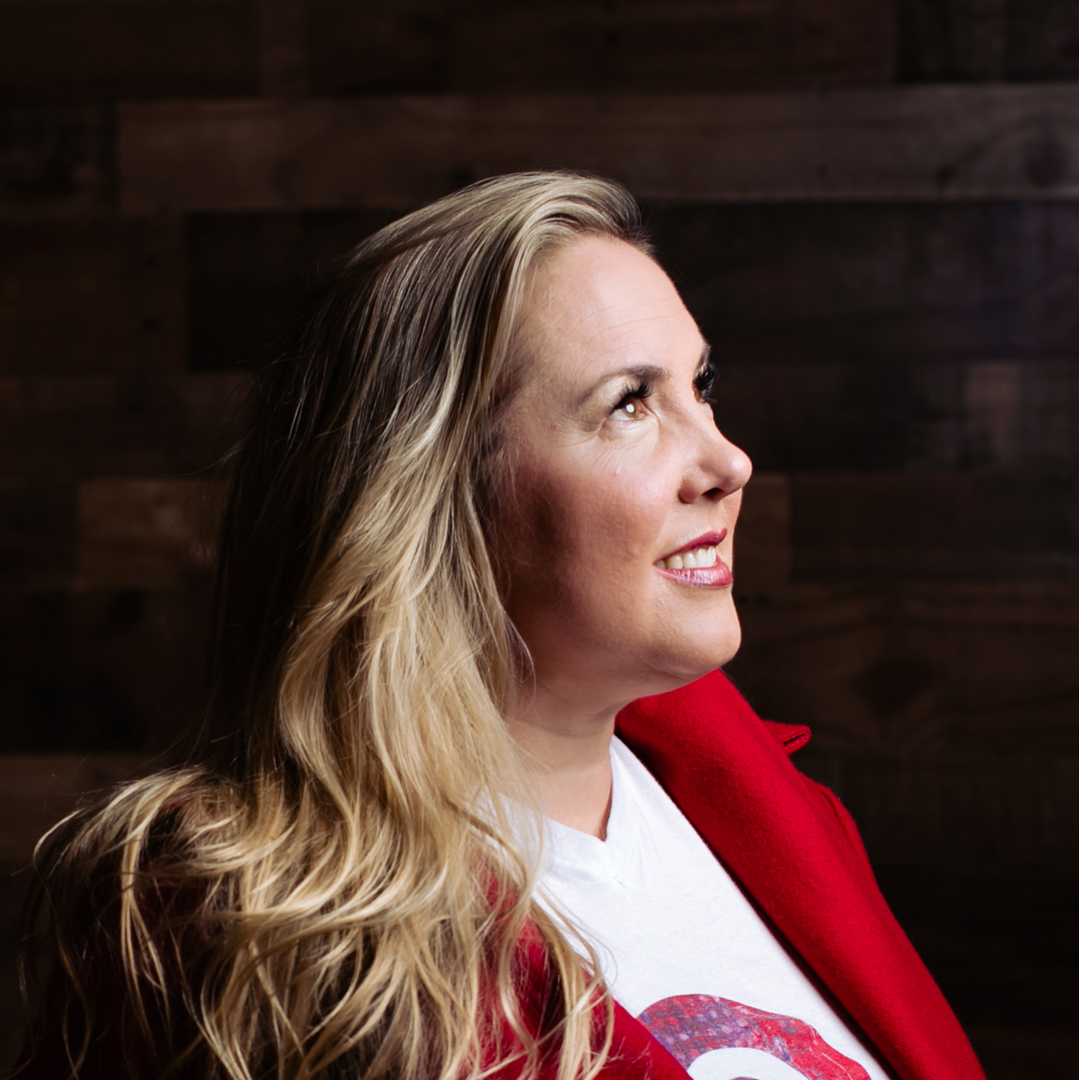|
Getting your Trinity Audio player ready...
|
Knowles Corporation is the world’s leading provider of audio and precision device solutions, making miniature microphones and speakers for consumer devices. For the past twenty-three years, Ray Cabrera has been an integral part of Knowles’ journey, driving the people and organization strategy that has turned what was a small, family-founded company into a global leader in audio technology and precision device solutions.

As Cabrera is fond of noting, it’s very difficult to find a consumer device that Knowles Corporation is not part of. Knowles devices are used by millions of people every day, whether they realize it or not.
Cabrera’s worked in human resources for nearly all of his career. A lifetime Chicagoan, he started his career at a Fortune 500 financial services company as part of their management rotation program, which exposed him to a wide array of organizational functions including HR. “I valued the opportunity to learn about the various organizational functions and the broad perspective,” he explains.
He joined Knowles in 1997 as a HR manager and was later promoted to roles with increasing responsibility leading to his current position as senior vice president of HR. In 2014 Knowles became a publicly traded company and a leading provider of audio tech and precision device solutions for a number of industries, and one of the remaining public tech companies in the Chicagoland area.
Cabrera, who is also chief administrative officer, prides himself on being a change agent at Knowles. “Companies need to continuously evolve especially for a company like Knowles, founded in 1946 and started by supplying acoustic components to hearing aids. We’ve been very successful in entering new markets and evolving our strategy, but that business transformation only comes by having talented employees.”
As such, Cabrera considers himself in a very fortuitous position to be one of the company’s chief change officers, marrying Knowles’ people with its business transformation.
“You can’t drive a company’s talent strategy without a strong understanding of how the business succeeds.”
These changes have come in a number of different forms, many of which in the last twenty-five years as Knowles has worked to keep up with a rapidly expanding world. “As the company evolved and changed,” Cabrera notes, “so did my role, as I worked to align our people strategy [with our new goals].” Entering new markets and globalization led Knowles to grow its manufacturing footprint in Asia and expand its design centers throughout the world.
Because of this, one of Cabrera’s major goals was to recruit an employee base with proven experience in the high-tech, mobile, and consumer market (e.g., cell phones). Cabrera helped drive Knowles’ people strategy to attract candidates more specifically geared to this new market and augmented its leadership group to align its corporate strategy with its people strategy.
Knowles also prides itself as being an “Employer of Choice” for women in engineering and is highly committed to advancing the growth of women in the workplace and gender diversity in engineering careers. “We believe that a diverse workforce fuels innovation, and we are passionate about increasing the representation of women in the engineering community and their presence in leadership roles,” Cabrera explains.
Knowles has partnered with the University of Illinois at Chicago (UIC), advancing opportunities for young women in science, technology, engineering, and mathematics (STEM). Knowles serves as a perennial sponsor to the UIC Women in Engineering Summer Program (WIESP), which gives female high school students a firsthand look at careers in engineering. As part of the program, Knowles hosts an annual event at its headquarters where students get a hands-on view of the company and a day-in-the-life experience as an engineer. Knowles also provides academic scholarships to women engineering students.
“We believe that a diverse workforce fuels innovation, and we are passionate about increasing the representation of women in the engineering community and their presence in leadership roles.”
Despite all of these changes to both Knowles and the global marketplace, Cabrera argues that the HR function has the same basic function it always has. “You see a lot of literature about HR taking a seat at the table, but that’s always been the case at Knowles,” he asserts.
However, the future does carry its own set of challenges for HR professionals. The key, Cabrera asserts, is to create and sustain an agile workforce that can adjust to changing business strategies and seismic global events like the COVID-19 pandemic. “Every company faced mobility restrictions, and as a global company, we faced them in every single region,” he explains.
Despite that, Knowles was quickly able to adjust to working from home, and Cabrera says they maintained a high level of productivity as their pre-pandemic selves. “For a global company of approximately eight thousand employees to be able to maintain that high productivity level is a real testament to our employees and their resolve he says proudly.”
What would Cabrera say to new HR leaders coming into the industry? “The number one thing I would recommend is to understand the business strategy and the key drivers,” he stresses. While many incoming HR professionals pride themselves on their knowledge of people, he asserts that “you can’t drive a company’s talent strategy without a strong understanding of how the business succeeds.”

